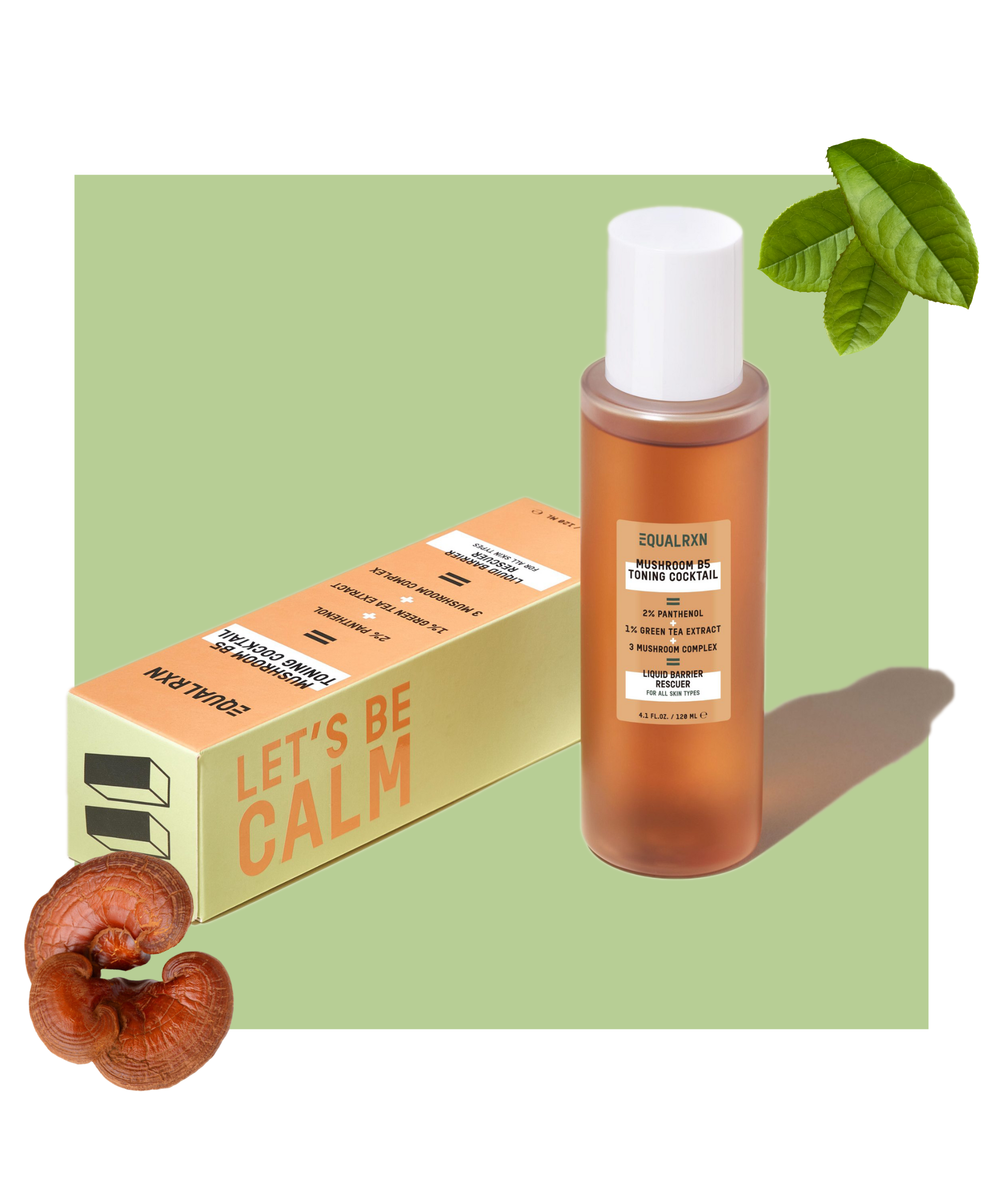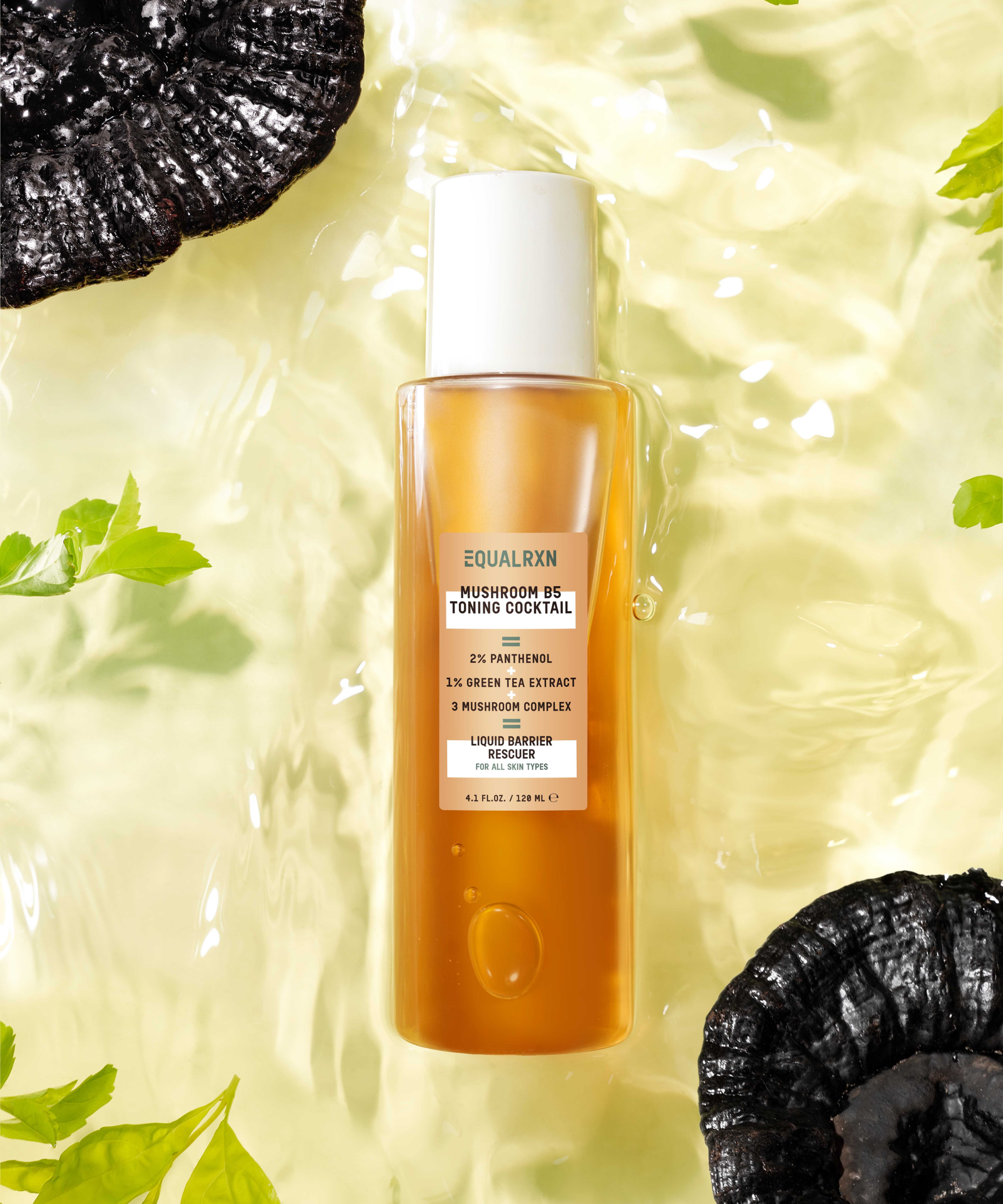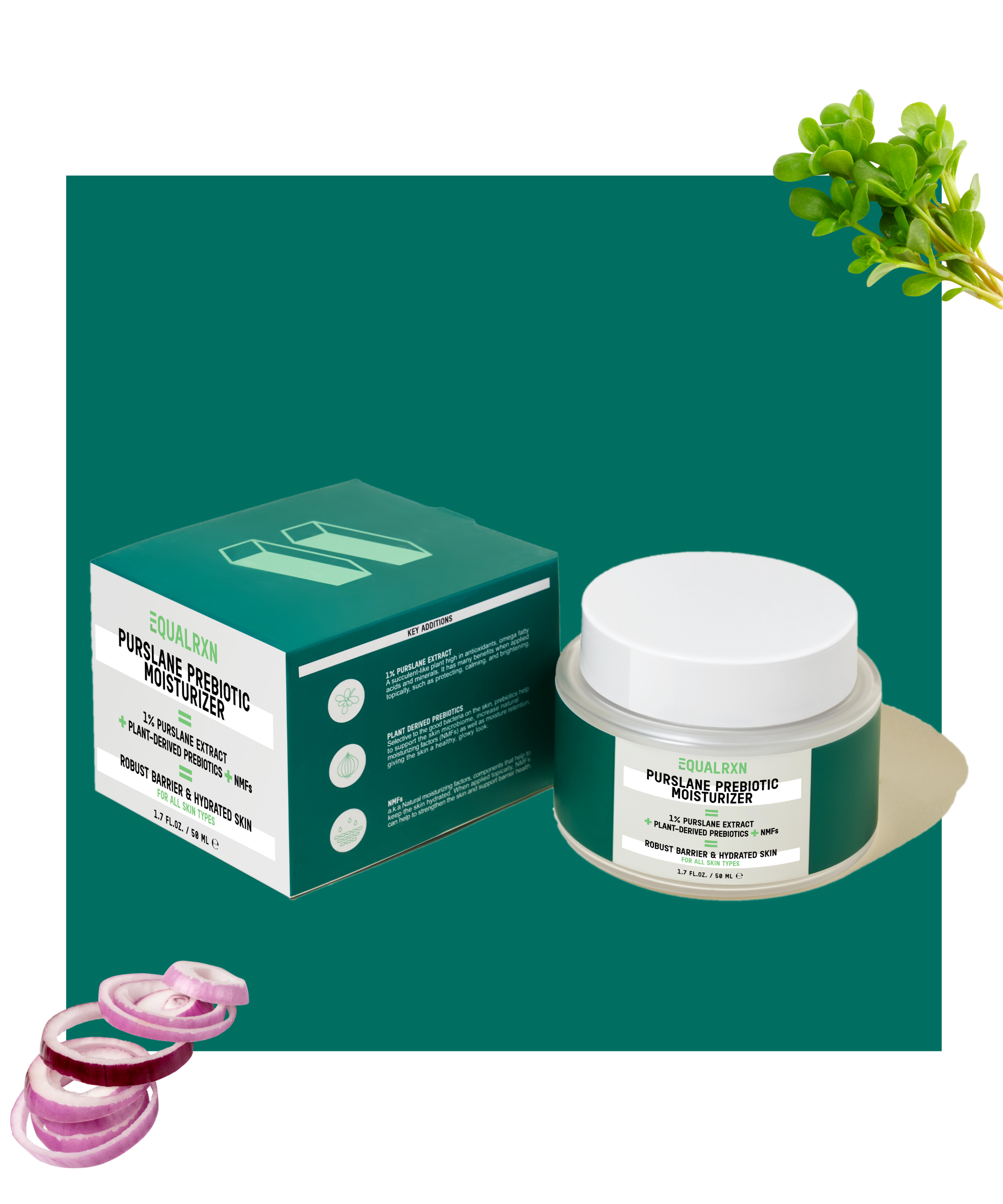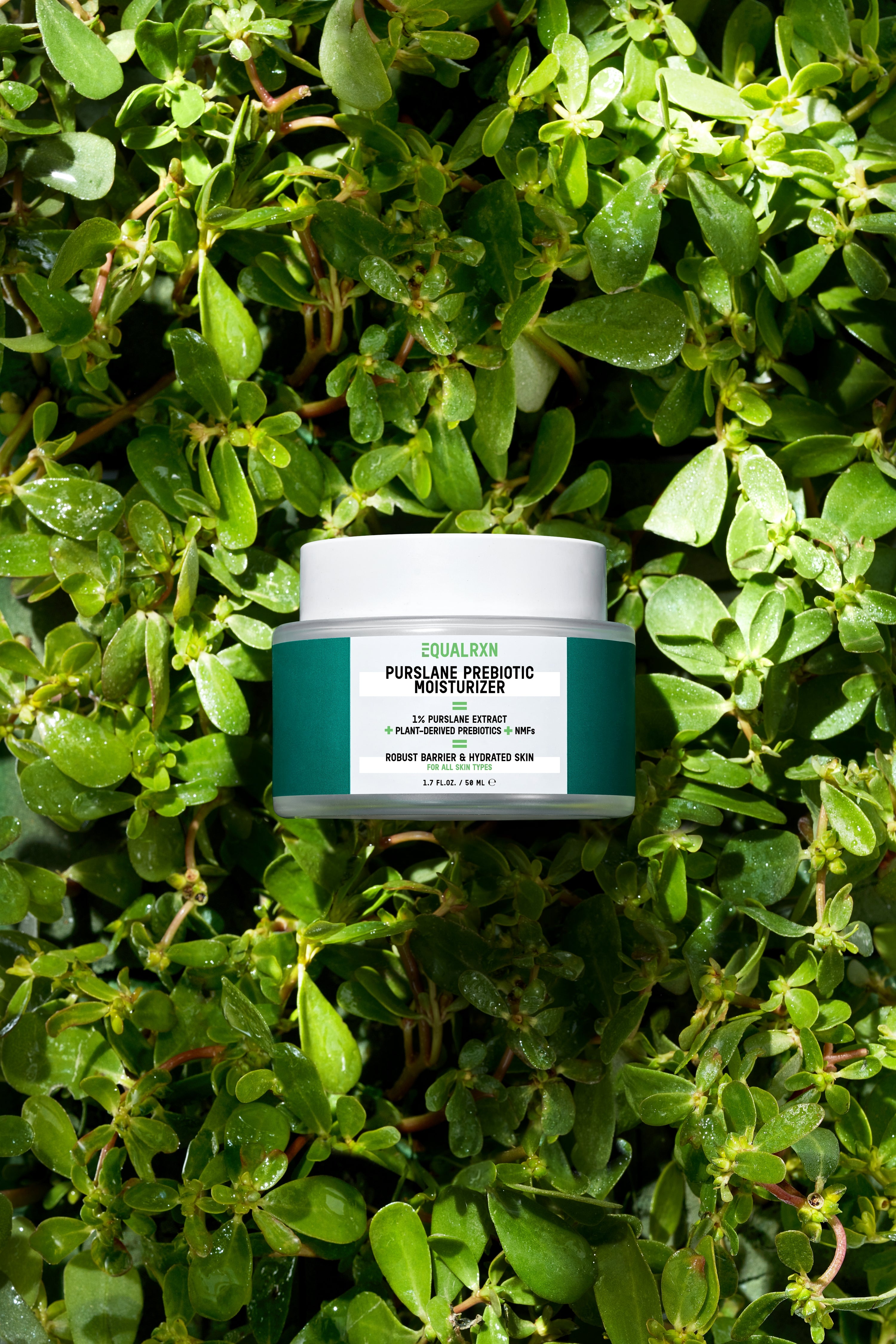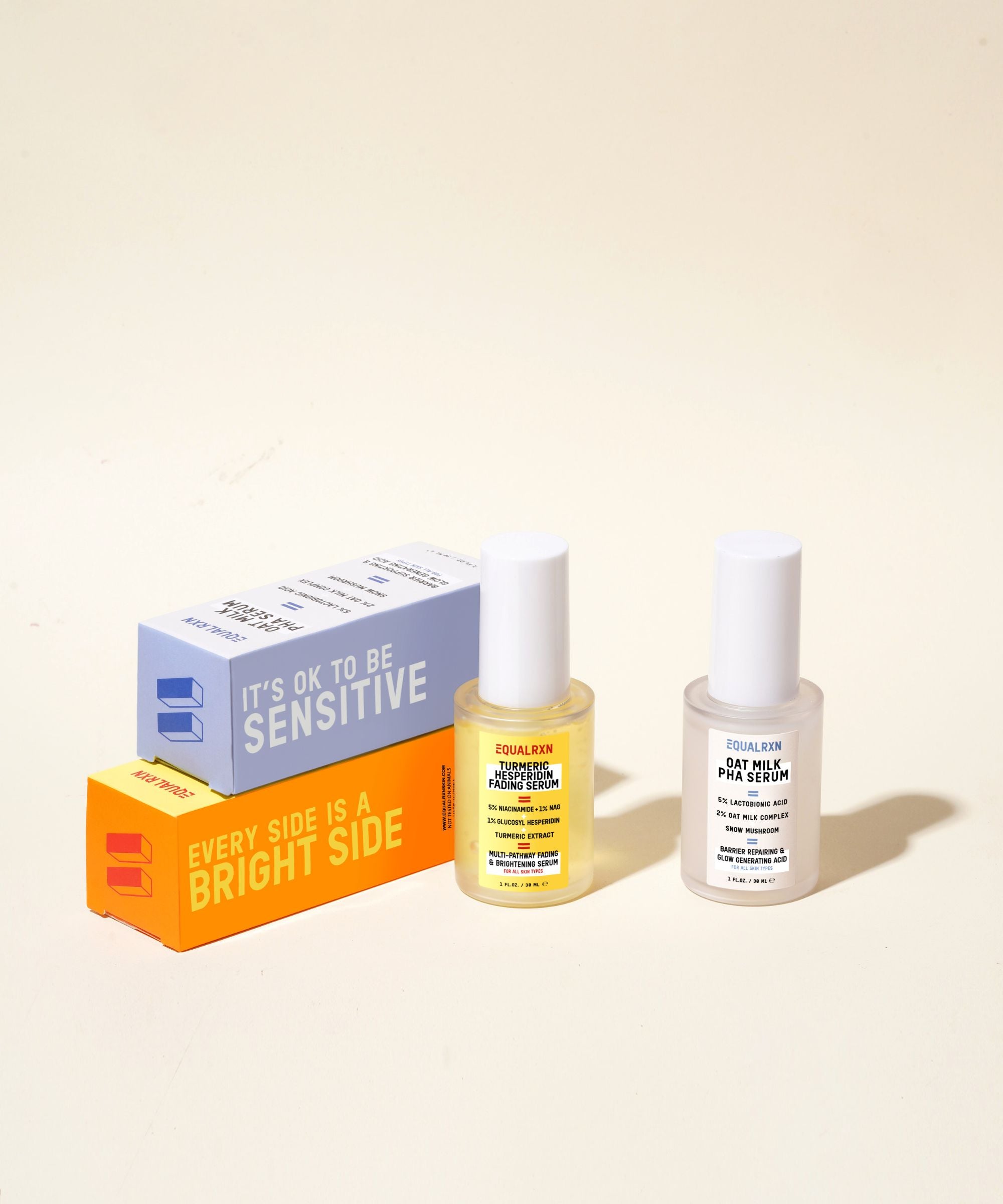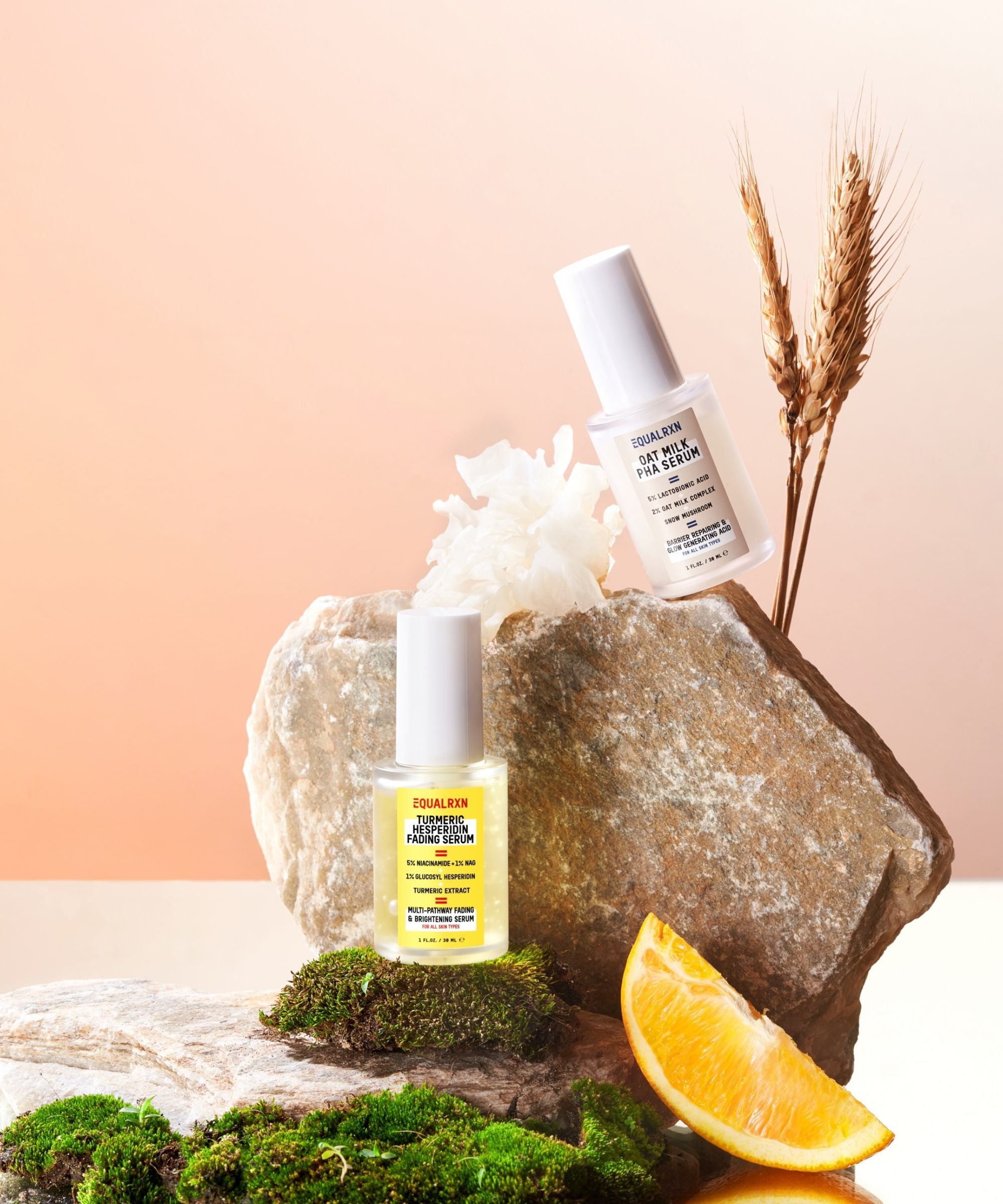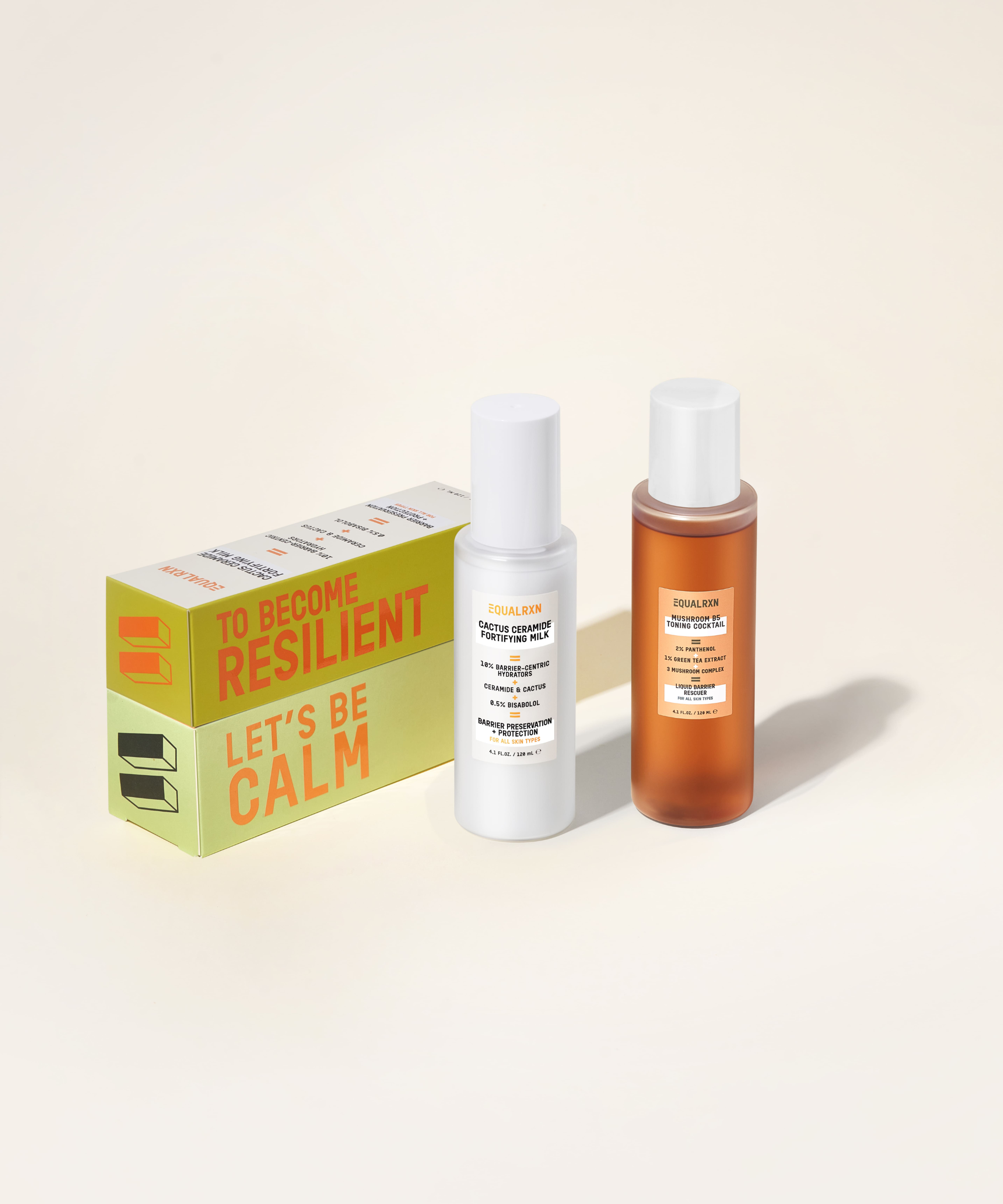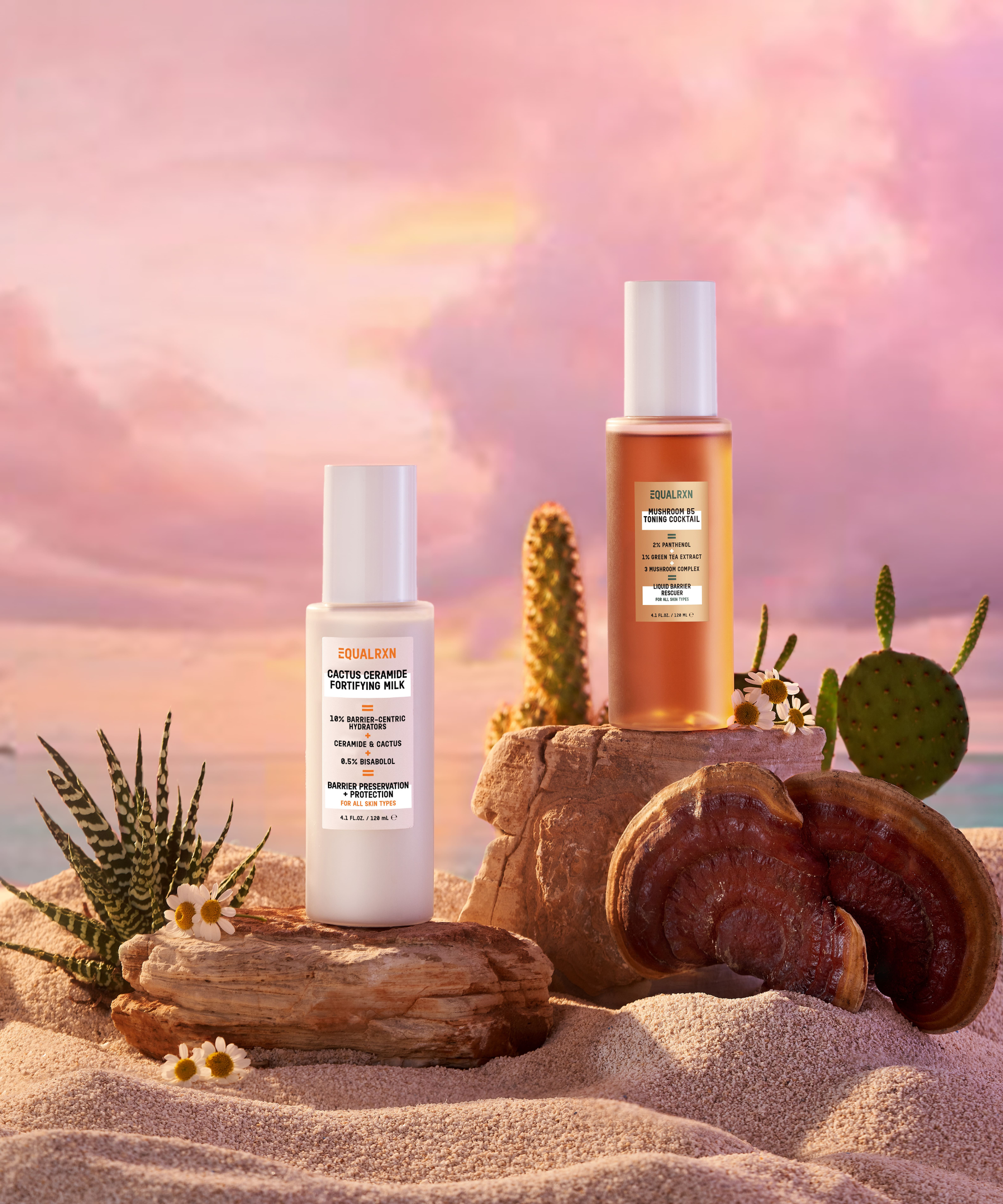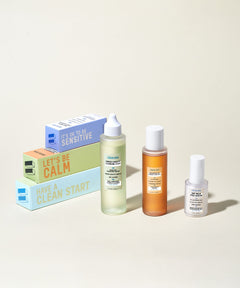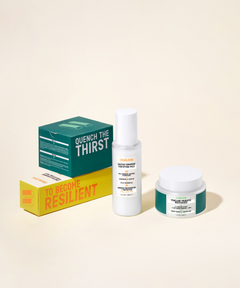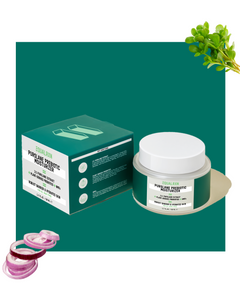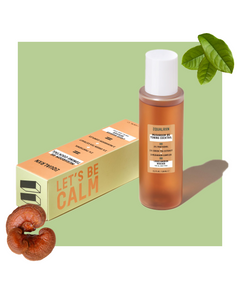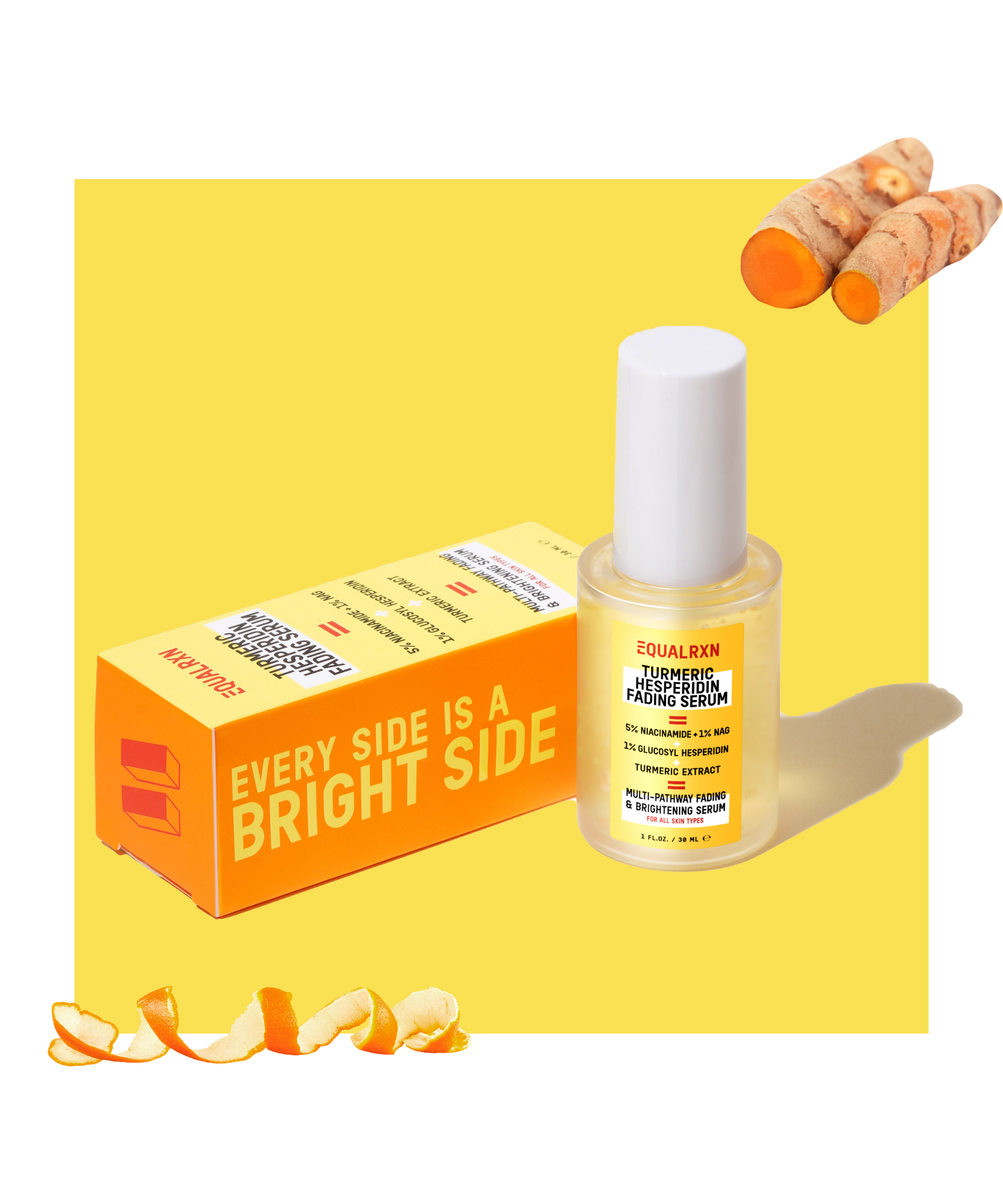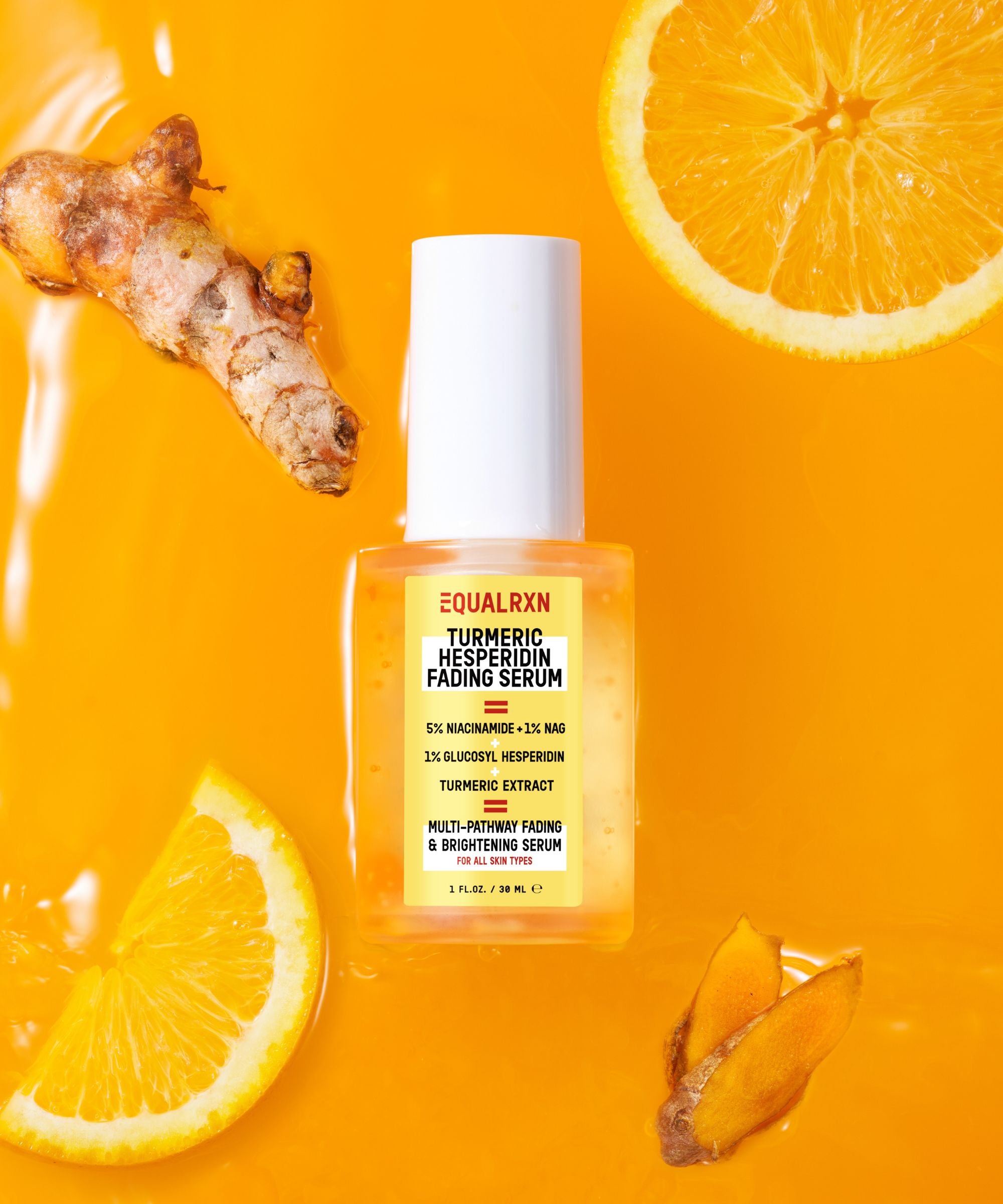What is N-acetyl glucosamine?
N-Acetyl Glucosamine (NAG) is a skincare ingredient that helps brighten and even out skin tone by reducing the production of melanin. It works by supporting the skin's natural exfoliation process, promoting a smoother, more radiant complexion.
How does this ingredient work in skincare?
NAG inhibits the activity of the enzyme tyrosinase, which plays a key role in melanin production. By blocking tyrosinase, NAG effectively reduces the formation of melanin, leading to a visible decrease in hyperpigmentation, dark spots, and an overall more even skin tone. This makes NAG particularly valuable for those looking to brighten their complexion and address discoloration caused by sun damage or post-inflammatory hyperpigmentation.
Additionally, as a precursor to hyaluronic acid and a stimulant of glycosaminoglycan (GAG) production, NAG helps the skin retain moisture and improve hydration levels. GAGs are essential components of the skin's extracellular matrix, contributing to its structure and resilience. By enhancing GAG production, NAG reinforces the skin's barrier, making it more resilient against external stressors and reducing the likelihood of moisture loss. This leads to smoother, more supple skin with improved elasticity.
Furthermore, NAG promotes exfoliation by encouraging the shedding of dead skin cells. This process reveals fresher, brighter skin underneath, helping to improve overall skin texture and radiance. Some studies also suggest that NAG may stimulate collagen synthesis in the skin, which is crucial for maintaining skin firmness and elasticity. By boosting collagen production, NAG contributes to a smoother, more youthful appearance with a reduction in the appearance of fine lines and wrinkles.
How does this ingredient compare to others?
N-Acetyl Glucosamine (NAG) stands out as a gentle yet effective alternative to hydroquinone for reducing hyperpigmentation without the potential side effects. Compared to Vitamin C, NAG focuses on melanin inhibition and skin barrier support, offering stability and hydration benefits. Unlike retinoids (Vitamin A), which target anti-aging through collagen synthesis, NAG prioritizes melanin inhibition and improved texture. Peptides, known for firmness and elasticity, contrast with NAG's focus on hydration and even skin tone. While NAG shares some benefits with niacinamide such as melanin inhibition, niacinamide offers additional advantages like sebum regulation and anti-inflammatory effects. Both NAG and niacinamide provide valuable benefits, with NAG's targeted approach making it a beneficial addition to skincare formulations.
Potential benefits of this ingredient for the skin
- Brightening: NAG inhibits melanin production, helping to reduce hyperpigmentation and dark spots for a more even skin tone.
- Hydration: It supports the skin's barrier function and stimulates the production of glycosaminoglycans (GAGs), improving moisture retention and overall hydration.
- Exfoliation: NAG enhances the skin's natural exfoliation process, promoting the shedding of dead skin cells for a smoother, more radiant complexion.
- Collagen Stimulation: Some studies suggest that NAG may stimulate collagen production, helping to improve skin elasticity and reduce the appearance of fine lines and wrinkles.
- Anti-Aging: By brightening, hydrating, and promoting collagen, NAG contributes to a more youthful appearance, addressing multiple signs of aging.
- Gentle: NAG is well-tolerated by most skin types, making it suitable for those with sensitive skin looking to improve skin tone and texture without irritation..
Products we use this ingredient in
Turmeric Hesperidin Fading Serum, Purslane Prebiotic Moisturizer
References
- Bissett, Donald L et al. “Reduction in the appearance of facial hyperpigmentation by topical N-acetyl glucosamine.” Journal of cosmetic dermatology vol. 6,1 (2007): 20-6. doi:10.1111/j.1473-2165.2007.00295.x
- Wuttikul, Krisada et al. “N-acetylglucosamine microemulsions: Assessment of skin penetration, cytotoxicity, and anti-melanogenesis.” Journal of cosmetic dermatology vol. 20,1 (2021): 304-309. doi:10.1111/jocd.13431
- Mammone, T et al. “The effect of N-acetyl-glucosamine on stratum corneum desquamation and water content in human skin.” Journal of cosmetic science vol. 60,4 (2009): 423-8.
- Malaekeh-Nikouei, Bizhan et al. “Preparation, characterization, and moisturizing effect of liposomes containing glucosamine and N-acetyl glucosamine.” Journal of cosmetic dermatology vol. 12,2 (2013): 96-102. doi:10.1111/jocd.12034

